Explore rhetorical questions with your students using this digital game perfect for your persuasive writing lessons.
What Is a Rhetorical Question?
Imagine you have a friend who already knows the answer to a question, and you ask them that question anyway… Not because you want an answer, but because you want to make a point or get them thinking. That’s what a rhetorical question is! You might say, “Isn’t assigning homework a waste of time?” or “How could anyone survive without strawberry ice cream?” You’re not really asking for an answer; you’re just trying to express a point of view in an interesting way!
In order to help your students gain a better understanding of the difference between rhetorical and non-rhetorical questions, the dedicated team at Teach Starter has created this digital game consisting of 24 examples of these powerful persuasive devices. Each slide contains a question. The students must choose whether the question is rhetorical or non-rhetorical.
For example:
Do you think we can solve all the world’s problems in one day? (Rhetorical)
Why must people judge others based on how they look? (Rhetorical)
On what day of the week does your birthday fall this year? (Non-rhetorical)
Do you know who is the leader of our great country? (Non-rhetorical)
If students choose the incorrect answer, they are directed to a slide that encourages them to go back and try again. If the student chooses the correct answer, they are directed to a slide that provides positive reinforcement and allows them to progress to the next question.
This resource downloads as either a Microsoft PowerPoint presentation or Google Slides format. Simply project the resource onto your screen and work through the slides as a class for a paperless lesson on the power of persuasive devices!
Multiple Ways to Use This Rhetorical Questions Game
This digital resource makes a great lesson warm-up or wrap-up activity when teaching rhetorical questions to your class. You can make the activity a little more lively by trying the suggestions below:
- Turn the activity into a movement game. Label one side of the classroom as rhetorical questions and the other side as non-rhetorical questions. Have the students move to a side of the room each time to indicate their choice about the question on the slide.
- Have all the students stand in their place. As a class, decide on an action, hand gesture or basic movement for each type of question, e.g. patting your head for a rhetorical question and patting your tummy for a non-rhetorical question.
Both these adaptations ensure that students are thinking about and engaging with the content of the game, maximising the potential for remembering the subject matter!
Download to Discover Rhetorical Questions
Use the Download button above to access your preferred version of this resource. (Note: You will be prompted to make a copy of the Google Slides template before accessing it.)
Be sure to operate the presentation in Slideshow mode to enable the interactive features.
This resource was created by Caitlyn Phillips, a Teach Starter collaborator.
More Resources for Your Lessons on Persuasive Devices
Click below for a peek at Teach Starter’s extensive range of curriculum-aligned, teacher-created resources to use when teaching persuasive devices to your students!
[resource:24323] [resource:5046740] [resource:25874]
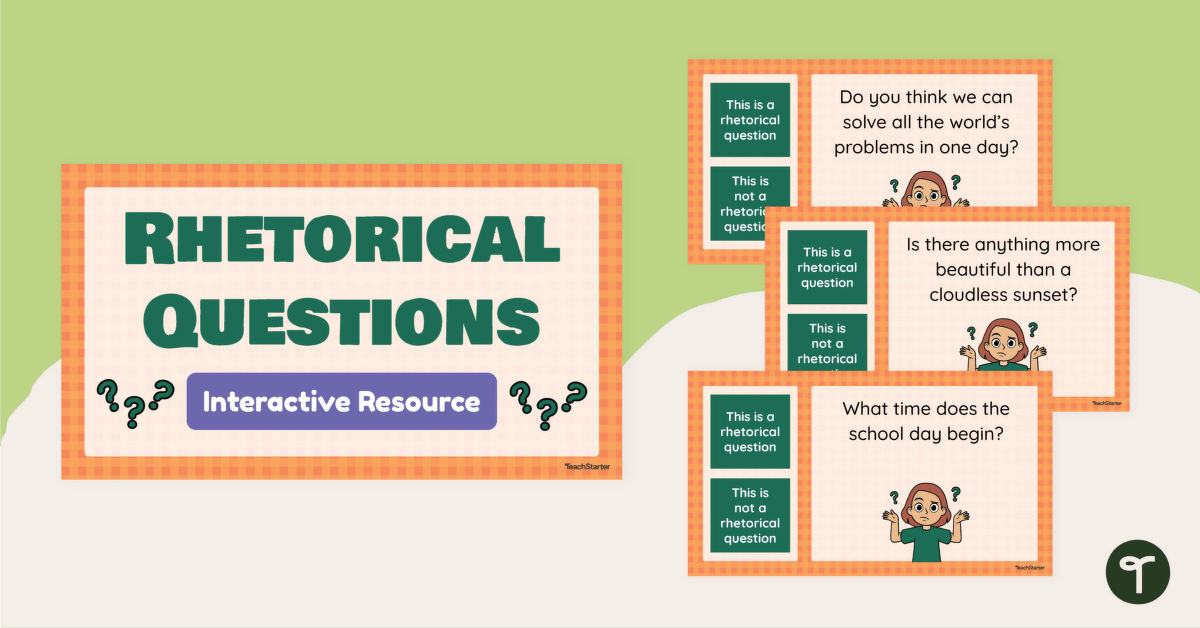

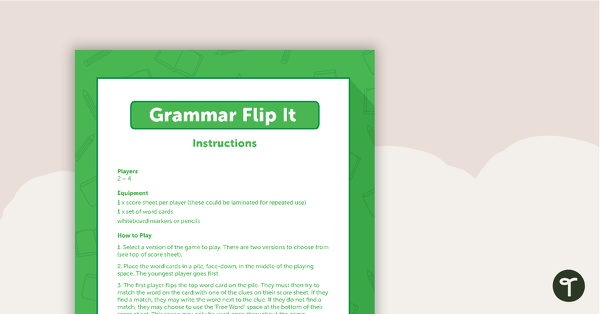
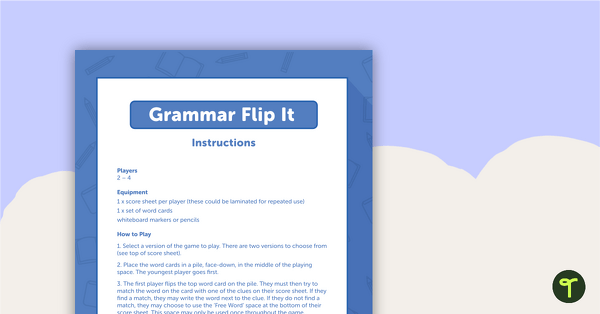
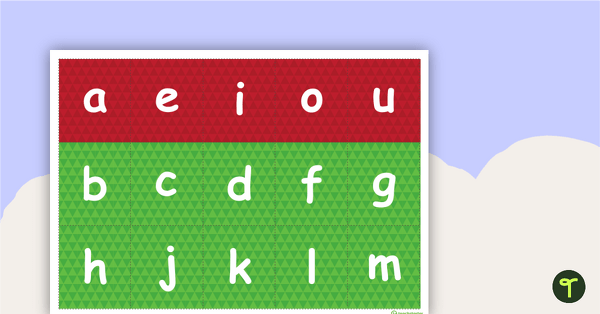
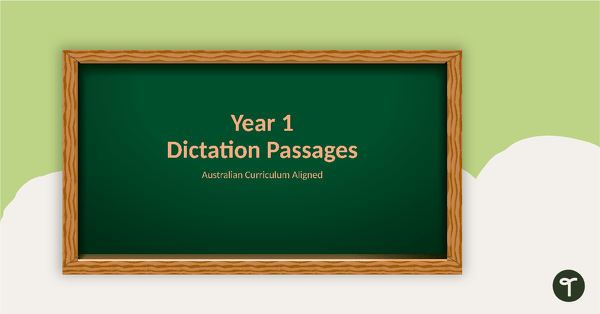
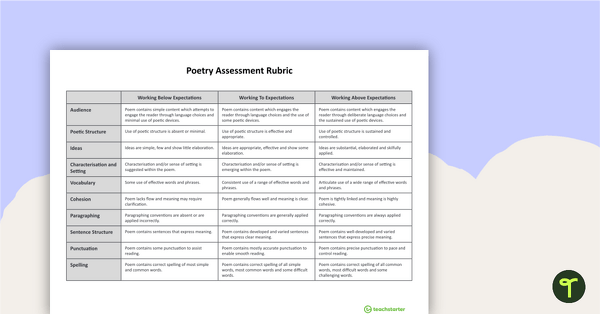
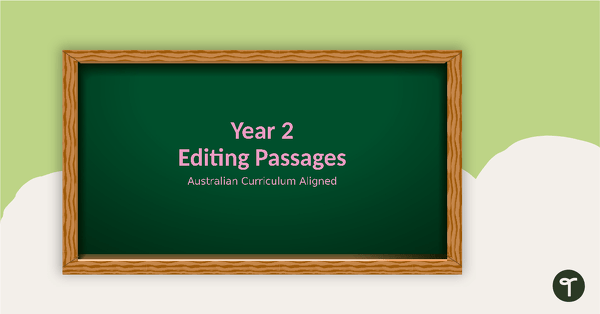
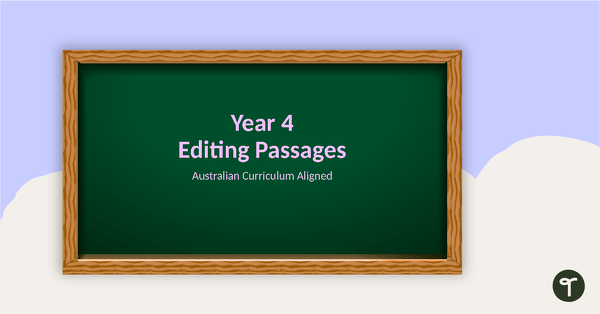
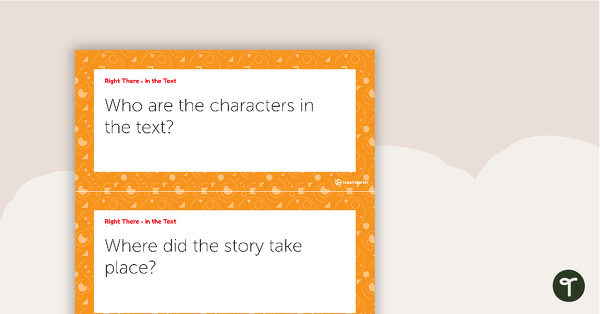
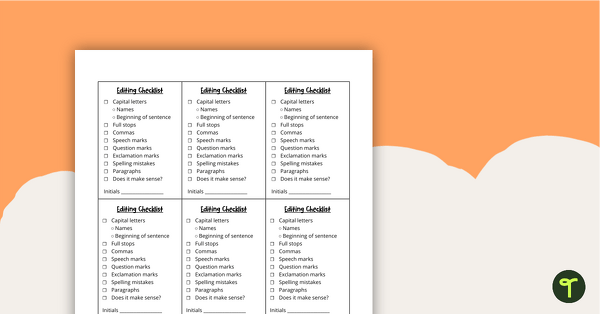
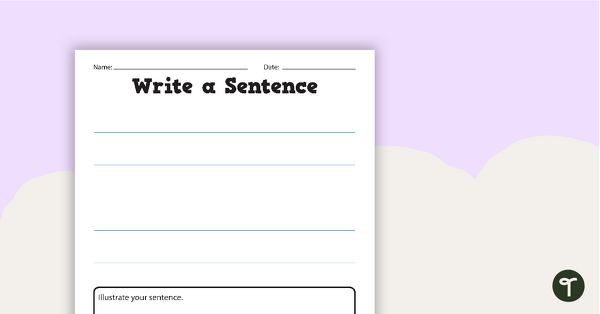
0 Comments
Write a review to help other teachers and parents like yourself. If you'd like to request a change to this resource, or report an error, select the corresponding tab above.